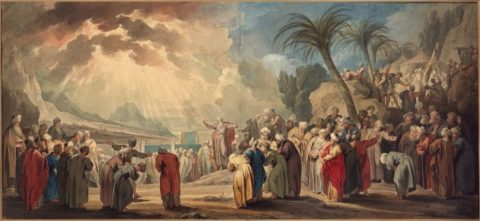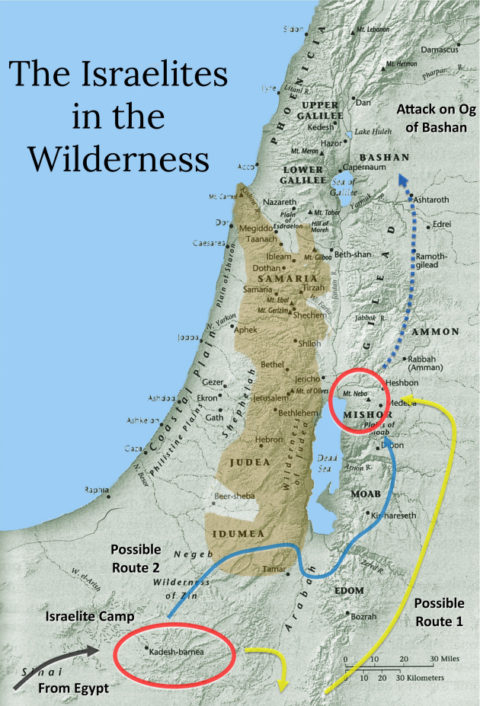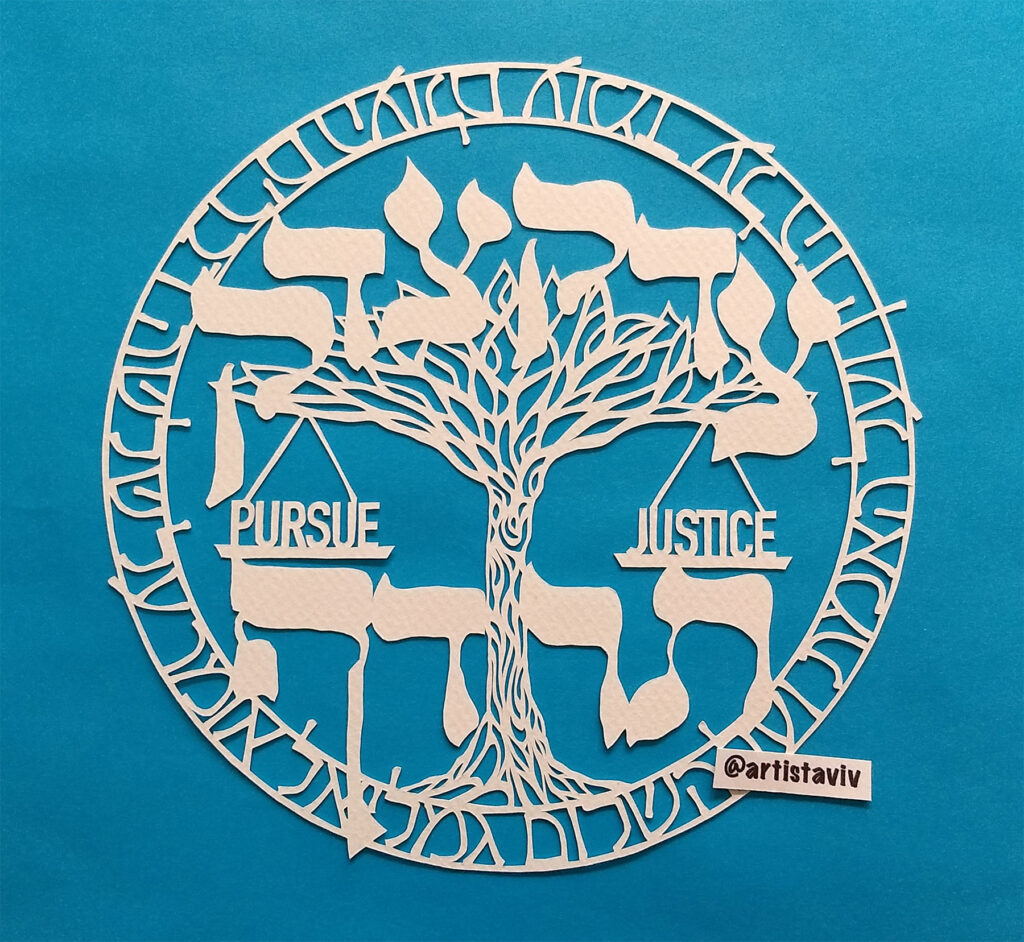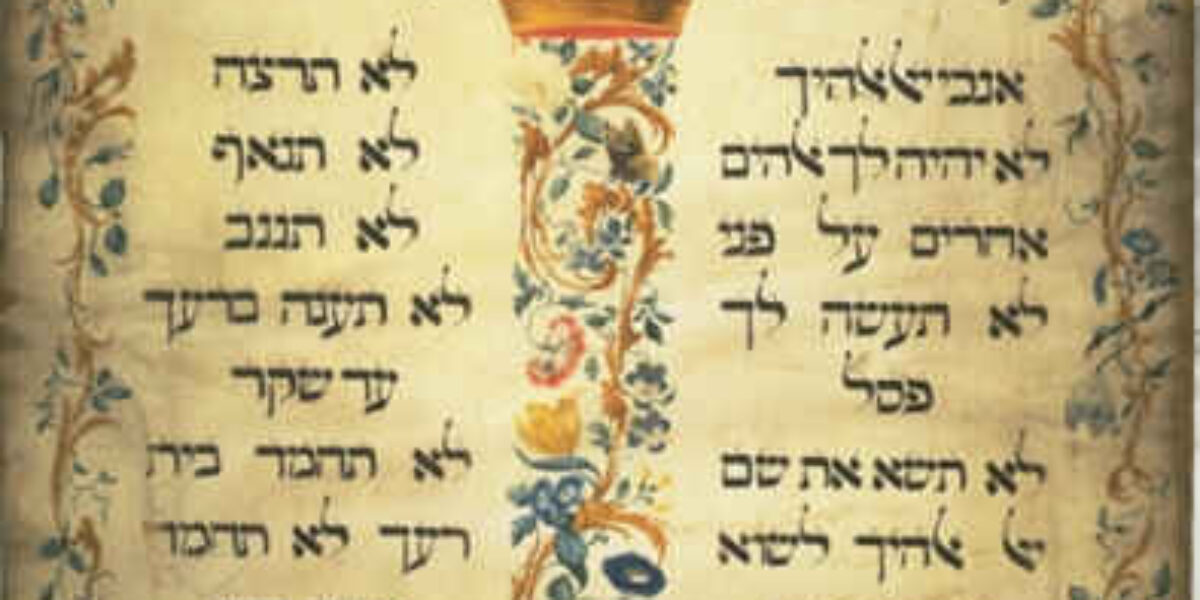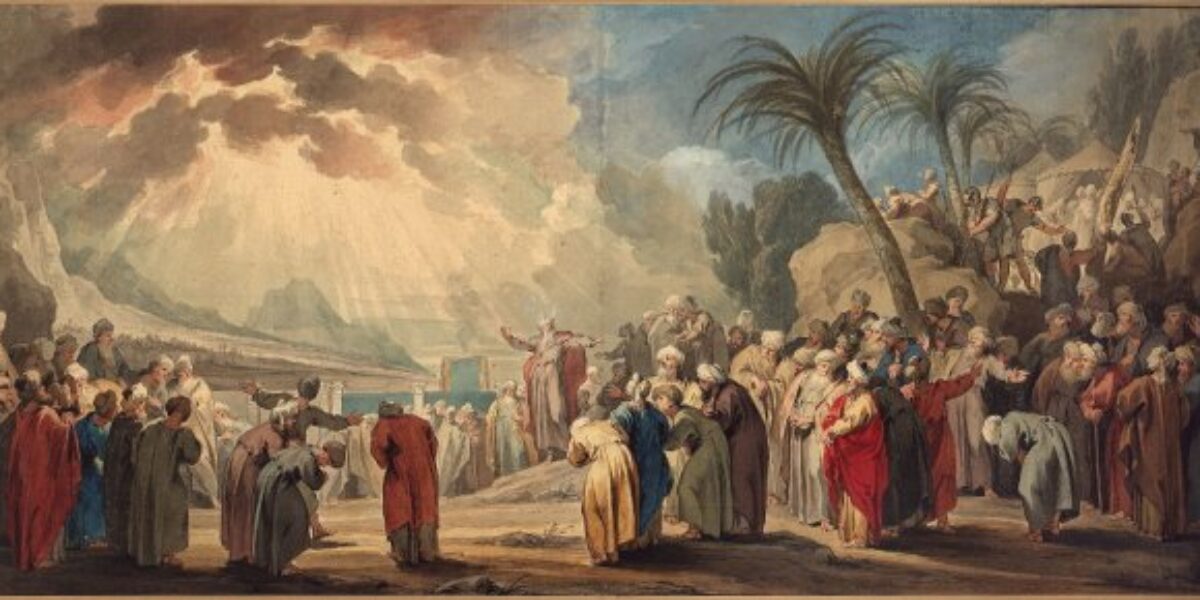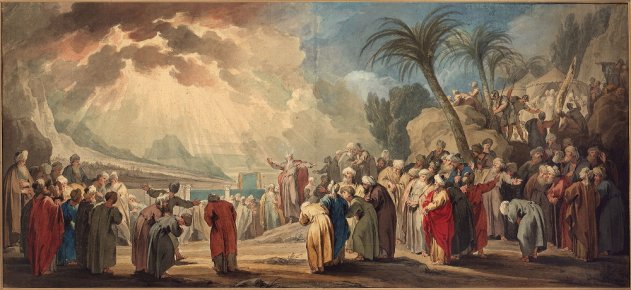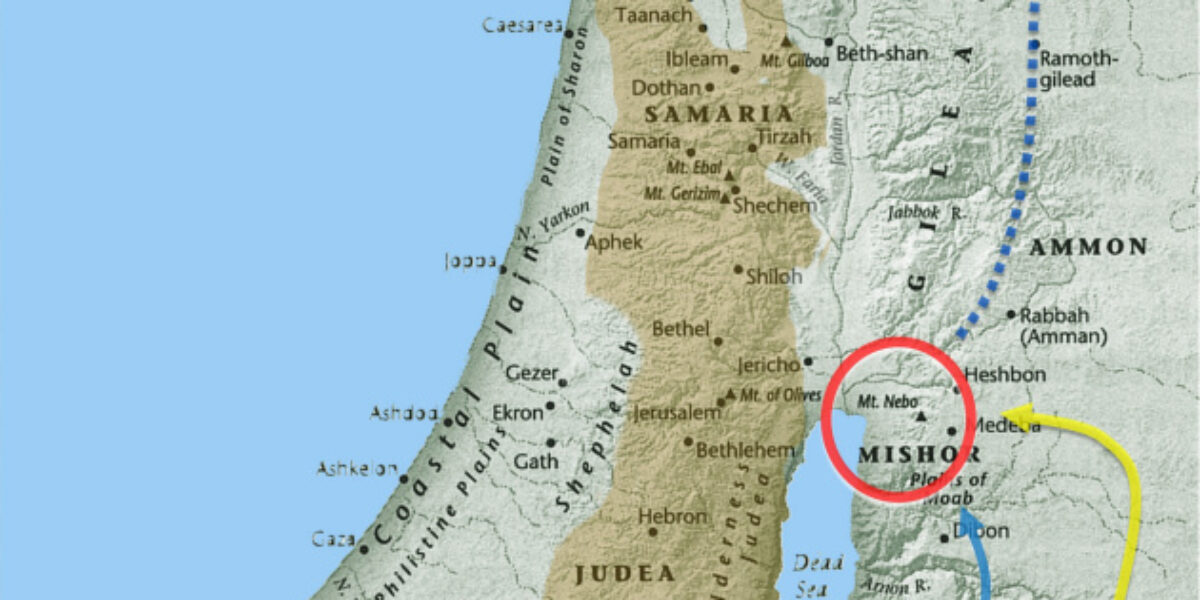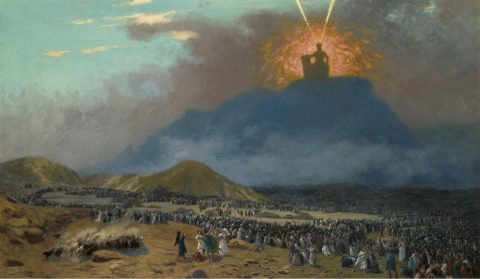Ha’azinu – Deut. 32:1-52 (Sept 25-26)
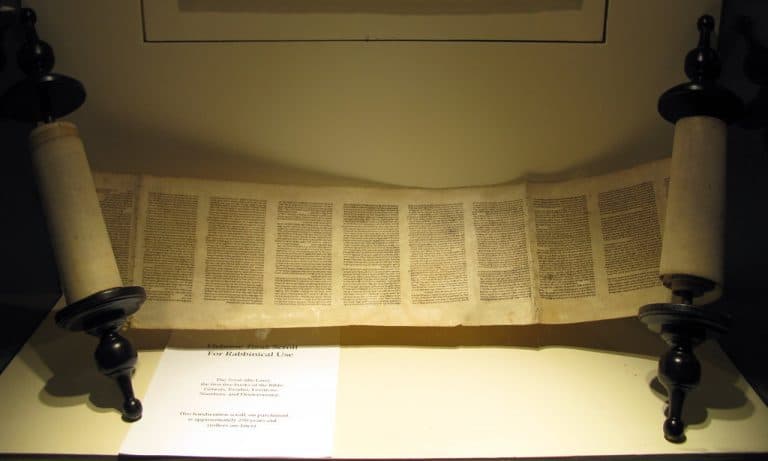
As the Torah Turns
Rabbi Lader’s Weekly D’var Torah
Ha’azinu – Deut. 32:1-52
Our Torah portion this week is Ha’azinu – Deut. 32:1-52. In his comments on this Torah portion, Rabbi Daniel Goldfarb reminds us about the importance of listening… “Ha’azinu is Moses’s farewell song to the Israelites, about their status as God’s chosen people and the consequences of forgetting their dependence on God. Moses begins (Deut. 32:1) by invoking the heavens as witness: ‘Ha’azinu – Listen, O Heavens …’ The root of the word ha’azinu means to listen; through the ozen, the ear. The Hebrew language reflects a remarkable biological insight. The word for balance, izun, [ma’oznayim = scales] comes from the same shoresh (“root”) Alef-Zayin-Nun. The connection between the human ear and “balance disorders” was reflected in the Hebrew language long before we had sophisticated medical knowledge about it. For someone to maintain balance in the world – in relations between people or between nations – we must be willing and able to listen. Even those with whom we disagree may have something to say, something we should hear. Ha’azinu is different from sh’ma, the verb familiar from the daily Shema prayer. Where sh’ma means to hear, ha’azinu suggests a more sustained listening, something that requires effort and persistence. In modern Hebrew ma’azinim are “listeners,” as to a concert or radio program. Through Moses’ words, we are invited to tune in and listen, to become receptive. The High Holidays began and will end with the sound of the Shofar… serious listening. The mitzvah is not to blow the Shofar, but to hear it. Jonah, the prophetic book we read on Yom Kippur afternoon, is the story of one who heard God’s voice but refused to listen, and ironically, was angered that the people of Nineveh did. [This year, this Torah portion comes between the High Holidays] and invites us to take time to listen, to truly listen. To each other, to the quiet of nature, to the sounds beyond ear-shot, and, of course, to God’s voice, which, as Elijah learned, is not to be found in the wind or in the earthquake, but in kol d’m’ma daka, a still small voice (1 Kings 19:12). God asks each of us, quietly, “Where are you? Who are you?” It’s hard to hear if our ears are constantly connected to earphones or smartphones.

From Previous Weeks

Nitzavim/VaYeilech – Deut. 29:9-30:20/31 (Sept 11-12)
Even closer to the final chapters of Torah

Ki Tavoh – Deut. 26:1-29:8 (Sept. 4/5)
Miraculous garments belong to us all.
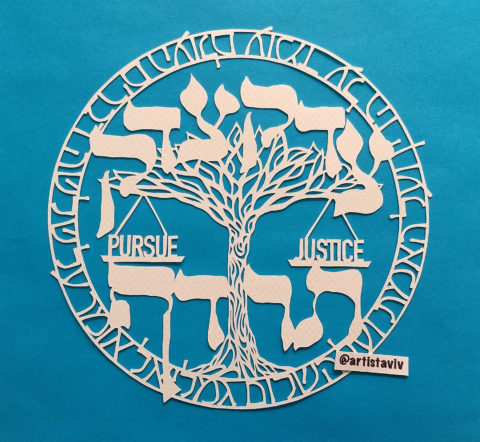
Shoftim – Deut. 16:18-21:9 (Aug.21/22)
Justice, justice you shall pursue…

Va’Etchanan – Deut. 3:23-7:11 (July 31/Aug. 1)
“Do what is right and good in the sight of the Lord”




